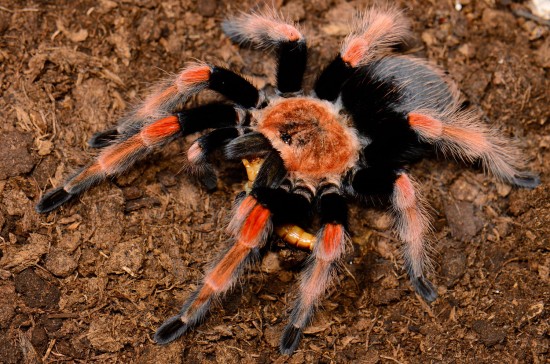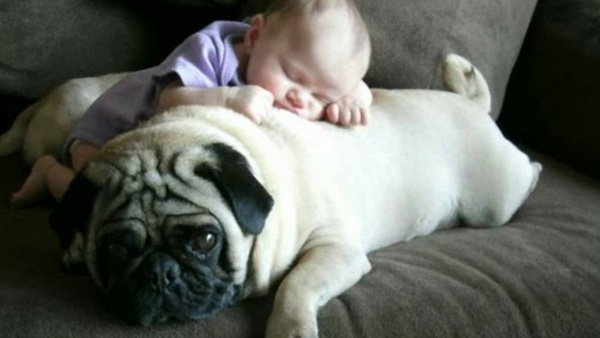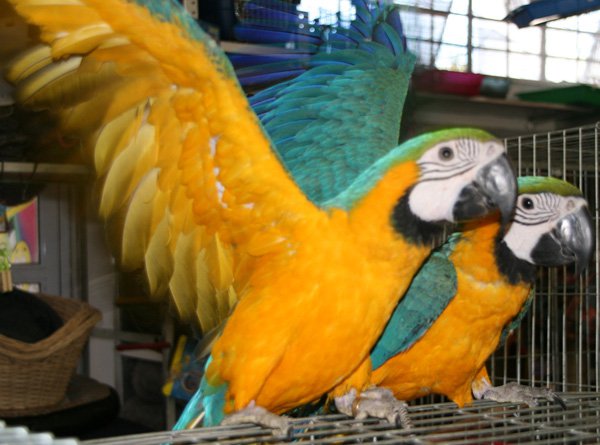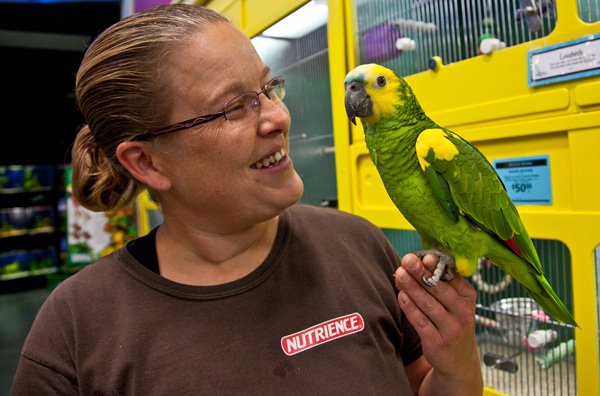
Curiosity killed the cat and it may well also kill your pet dog. Dogs have an innate sense of adventure in testing and tasting the things in and around the house, which often lands them in trouble. We are not just talking about trouble from you as their owner but, more worrisome, health troubles upon the ingestion of potentially toxic substances where canine bodies are concerned.
Most dog owners think that it is only chocolate that must be kept away from the mouths and paws of dogs. But you will be surprised and alarmed to know that even the seemingly harmless substances and things can actually cause your pet dog's death. So, before anything happens to your beloved Lassie, take immediate action.
Danger around the Corner
Look around your home, garden and yard. You will be surprised at the many possible dangers lying in wait for your pet dog, which include the following common things in human life:
?Antifreeze, brake fluids and engine coolants contain ethylene glycol, which is toxic even at small concentrations of 3 ounces. Effects of ingestion include severe damage to the liver, kidneys and brain.
?Rat poison and other rodent killers inhibit blood clotting in dogs, thus, leading to severe internal hemorrhages. Plasma transfusion within the next few hours is essential to counteract the effects of the substances lest death results.
?Fertilizers, even those that have apparently been absorbed by the soil, can result in adverse side effects like faster pulse rate, blood pressure changes and breathing difficulties.
?Insecticides are also toxic substances for dogs with symptoms like lethargy, vomiting and diarrhea. Activated charcoal can ease the symptoms but the dog must still be checked over by a veterinarian.
?Certain plants like English ivy, lilies, daffodils and holly may look good in our eyes but are - excuse the French - hell on a dog's stomach and coat.
Ask the veterinarian about other substances that can cause side effects on your dog's particular breed. This way, you can take the necessary measures to protect your pet dog from ingestion and exposure to these substances.
Safety Measure to Adopt in All Corners
Now that you know the most common items around the house with toxic consequences on your pet dog, your next step is to ensure that these things are beyond their reach. Or preferably, absent from your house. You will have greater peace of mind because your dog has lower risks for getting into trouble on the health front.
?Keep all toxic substances like the antifreeze, brake fluids and engine coolants as well as fertilizers and insecticides out of the dog's reach. Lock up these substances in drawers and shelves, which will also benefit your children's safety as well.
?Wipe up any possible drippings of the abovementioned substances. For example, if the antifreeze drips from the car's radiator, wipe it off the floor before the dog laps it up like milk.
?Try to lessen the plants inside the house that may have adverse effects on your dog's health.
It is in your hands whether your dog lives to be a hundred in dog years or die a hundred deaths in a day because you took the necessary measures to keep poisons out of its way.
 Buy Quality Equine Supplements Online
Buy Quality Equine Supplements Online
People w
Buy Quality Equine Supplements Online
Buy Quality Equine Supplements Online
People w
 Common Questions And Misconceptions About Tarantulas
Common Questions
Common Questions And Misconceptions About Tarantulas
Common Questions
 Bull terriers as your pets
Bull terriers as your pets
In an age of cross-
Bull terriers as your pets
Bull terriers as your pets
In an age of cross-
 Do You Know How To Clear Cloudy Aquarium Water The Easy Way?
Do You Know How To Clear Cloudy Aquarium Water The Easy Wa
Do You Know How To Clear Cloudy Aquarium Water The Easy Way?
Do You Know How To Clear Cloudy Aquarium Water The Easy Wa
 Keep Your Chickens Safe from Predators by Providing them with Chicken Runs
Keep Your Chickens Safe from Predators by Providing them w
Keep Your Chickens Safe from Predators by Providing them with Chicken Runs
Keep Your Chickens Safe from Predators by Providing them w
Copyright © 2005-2016 Pet Information All Rights Reserved
Contact us: www162date@outlook.com